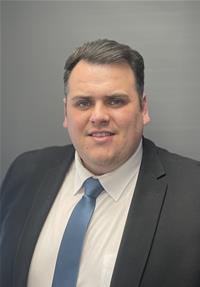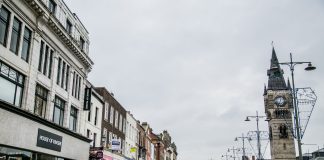Darlington Borough Council has been accused of being “out of touch” after scrapping a fund to improve communities and support local initiatives.
The Labour and Liberal Democrat administration has signalled its intention to end the Stronger Communities Fund later this year. The programme, which sees each cllr receive £1,000 per year, is often used to support individuals and groups to enhance local communities and improve health and well being.
Despite the progress of the scheme, which was first launched in 2019, it is not part of the local authority’s financial proposals for 2025/ 2026.
Leader of Darlington Conservatives, cllr Jonathan Dulston, said cllrs in charge of the decision are letting residents down.

He told a cabinet meeting: “The Labour members are an absolute disgrace, almost clueless, to remove the fund which, in the grand scheme of things, is chicken feed. It was helping some of the most vulnerable people in our communities, supporting small grassroots organisations doing good things.
“It just shows the incompetence and lack of understanding about communities and supporting residents. The reason it’s been removed is probably because a lot of the Labour [members] struggled to spend it.
“It shows you’re completely out of touch, supported by the Liberal Democrats, on what our communities actually want from their council.”
Council Leader Stephen Harker said funding the programme was not possible in the current economic climate.
In January, cross-party cllrs praised the scheme for its transformative impact in Darlington. Discussing the benefits of the fund, cllr Matthew Snedker said: “Councillors are best placed to understand their communities. This modest amount of money is used to great effect.
“The idea that people in the Town Hall can find great causes and allocate money wouldn’t happen. Councillors know their communities and the fund is well embedded now, so I recommend that the fund continues into next year.”
Whinfield cllr Andy Keir donated money to a group of local yarn bombers last year and noted the difference the funding can make in communities. He said: “I will be supporting this because of the difference it makes to areas.”
Other examples of cllrs using the £1,000 for grassroots schemes include supporting non-profit groups with rent or events, providing equipment for those in need of support and contributing to facilities such as park benches or play equipment.
However, some cllrs did not utilise the funding.




